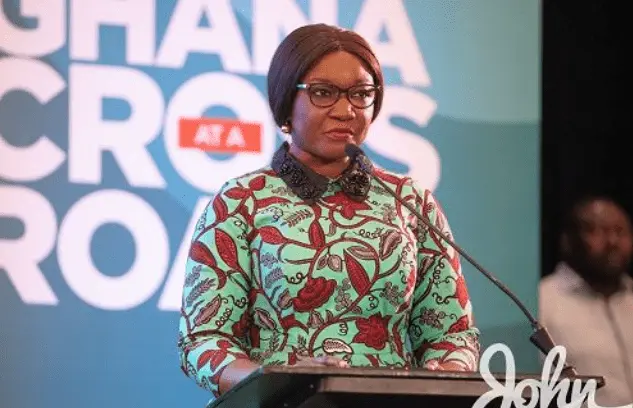The Electricity Company of Ghana (ECG) faces a potential turning point, as Professor Godfred Bopkin of the University of Ghana Business School advocates for private sector participation in its downstream distribution operations. Speaking on JoyNews’ Newsfile, Prof. Bopkin emphasized the critical need for decisive leadership to make necessary changes that can improve ECG’s efficiency and service delivery. His perspective offers a nuanced approach, suggesting a way to inject private sector expertise without outright privatization. The call for private participation is driven by the hope that it will lead to a more reliable and efficient power supply, benefiting both consumers and the broader Ghanaian economy.
Prof. Bopkin believes that the time has come to address the internal challenges hindering ECG’s performance. He points to procurement issues, management inefficiencies, and political interference as major obstacles. “So, if you put all these things together — internal issues with ECG such as procurement challenges, management inefficiencies, and political interference — I think we are at the point where we should all support government in some kind of private sector participation in the downstream distribution,” Prof. Bopkin stated on JoyNews’ Newsfile. Addressing these systemic issues is paramount to improving ECG’s overall effectiveness.
Leadership, according to Prof. Bopkin, plays a vital role in driving change. He stressed the importance of making difficult but necessary decisions, even if they are unpopular. In his words, “a good leader needs to tickle people a bit” to drive meaningful progress. This suggests that while resistance might be expected, the long-term benefits of improved efficiency and service delivery outweigh the short-term discomfort of change. It will require strength and vision to implement these strategies effectively.
A key aspect of Prof. Bopkin’s argument is that private sector participation does not equate to selling off ECG. He clarifies that the government can retain full ownership while still leveraging the expertise and resources of the private sector. “Government can still be the sole shareholder of ECG, but we should be able to invite the private sector into the distribution of power and collection…” he explained on Newsfile. This model allows Ghana to maintain control of a critical infrastructure asset while benefiting from private sector efficiencies.
The private sector’s role would be to inject capital, innovation, and efficiency into ECG’s operations. Prof. Bopkin highlights the potential for “private sector efficiency” in distribution and collection. This strategic involvement, without relinquishing state ownership, could introduce much-needed innovation and operational discipline. The goal is a more streamlined and responsive power distribution system that minimizes losses and maximizes revenue collection.
Ultimately, the aim of private sector participation is to improve service delivery for consumers and contribute to broader economic growth. This can translate into reduced outages, faster response times to customer complaints, and more reliable power supply for businesses.
Professor Bopkin’s perspective offers a compelling vision for the future of ECG. By addressing internal challenges and strategically leveraging private sector resources, Ghana can enhance its power distribution system without relinquishing state ownership. This approach, as Prof. Bopkin argues, can benefit consumers, stimulate economic growth, and move Ghana towards a future of reliable and affordable power distribution for all. It is crucial for leadership to carefully consider and implement such strategies for the betterment of the country. Further research is needed to fully understand how these changes could affect energy costs and accessibility across Ghana.
Image Source: MYJOYONLINE





















